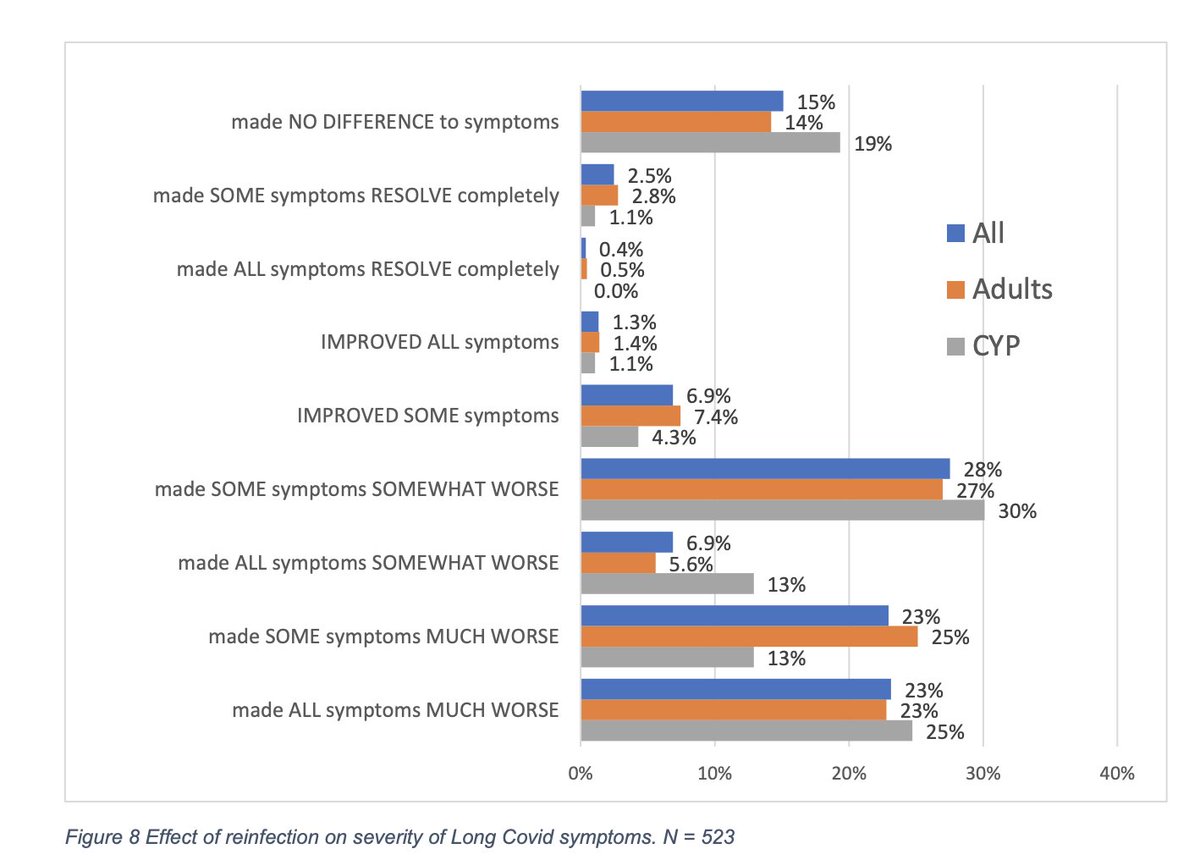The collaborative aims to help fill some of the vacuum, sharing what its members have learned with primary care doctors and other specialists on the frontlines of diagnosing and treating the disease. But those practitioners are stretched thin, typically squeezing their work on long Covid in between their day jobs, and they fear the public, and the Biden administration, is losing focus.
“People are now basically living life, saying, ‘Oh, Covid’s just a cold.’ But it’s not. We still don’t know enough about it, and we are still getting just as many referrals for patients who have gotten Covid during Omicron as before,” said Nikki Gentile, an assistant professor in family medicine at the University of Washington School of Medicine who cares for patients at the medical school’s long Covid clinic. “I wish there was more talk about it on the federal level.”
In response to the criticism, the Biden administration pointed to some of its actions to boost research efforts, to gather information from
patients and doctors, and to develop a national response plan. But with public attention to the pandemic waning, doctors fear that the long Covid caseload will only grow as patients fail to take its risks seriously, and that the moment to come up with a more comprehensive government plan to treat the condition will pass.
‘Squeezing it in’
Patients with the most complex cases of long Covid may see a host of doctors — both primary care and specialists — before landing at a long Covid clinic. Doctors say the patients are often frustrated and sometimes anxious or depressed. Often they’ve struggled to get others to take their symptoms seriously.
“The one thing I’m hearing more than almost anything else is, ‘My doctor doesn’t believe me,’” said Kimberly Knackstedt, a senior fellow at the Century Foundation and former director of disability policy for the White House Domestic Policy Council under President Joe Biden. “If there’s one thing that I could shout from the rooftops, ‘Long Covid is real!’ would be it.”

